In the context of the Vietnam-China comprehensive strategic cooperative partnership being constantly consolidated and developed, economic and trade cooperation between the two countries is entering a period of strong, stable and sustainable growth.
At the conference to promote exports to the Chinese market held in Pleiku ( Gia Lai ), more than 150 enterprises and cooperatives of the province signed a cooperation agreement with Chinese partners, opening up long-term trade opportunities.
According to statistics, China has maintained its position as Vietnam's largest trading partner for over 20 years. In the first 7 months of 2025 alone, the total import-export turnover between the two countries reached 136.47 billion USD, an increase of 21.3% over the same period in 2024. Vietnam is currently China's sixth largest trading partner and a key market in the ASEAN region. In terms of investment, China is implementing more than 5,600 projects in Vietnam with a total registered capital of 33.1 billion USD, accounting for 6.3% of total foreign investment capital.
In that general picture, Gia Lai province emerges as a bright spot with great potential for agricultural and aquatic products. With an agricultural production area of nearly 1 million hectares, including more than 753,000 hectares of red basalt soil, this is the ideal land for long-term industrial crops and tropical fruit trees. Therefore, Gia Lai has formed large-scale specialized areas, applying high technology, meeting the standards for official export to the Chinese market. Key products such as coffee, bananas, passion fruit, durian, pepper, etc. all have large output and high quality. The province has granted 248 growing area codes and 40 packaging facilities with a capacity of 1,800 tons/day, creating a solid foundation for official export. Notably, many items such as durian, bird's nest, fresh coconut, and passion fruit have had their markets opened by China, opening up a large space for Gia Lai enterprises to exploit.
In addition to product advantages, Gia Lai also possesses a synchronous transport infrastructure system, conveniently connected to Quy Nhon seaport, an important export gateway of the central region and Le Thanh international border gate, helping to expand trade to ASEAN and international markets. With two airports in Phu Cat and Pleiku, a modern network of national and provincial roads and concentrated industrial zones, it has created favorable conditions for logistics development, reduced transportation costs and enhanced competitiveness for export goods.
Deputy Director of the Department of Innovation, Green Transformation and Industrial Promotion, Ministry of Industry and Trade Do Thi Minh Tram said that in the context of increasingly deep international integration, China continues to be one of the largest and most important export markets of Vietnam, especially for groups of products such as agricultural products, seafood, food, wooden furniture and consumer goods. However, due to the increasingly high requirements from Chinese partners on quality, traceability, packaging, preservation and distribution, many challenges are posed for businesses, cooperatives and farmers.
To support localities, including Gia Lai province, the Ministry of Industry and Trade has implemented key solutions, through the trade office system in China and trade promotion centers, businesses are regularly updated on new regulations, consumer tastes and technical barriers in key areas. Thereby, supporting Gia Lai to register growing area codes and standard packaging facilities for key products such as coffee, bananas, durian, vegetables and seafood. “We also encourage businesses to participate in cross-border e-commerce, official B2B transactions and digital trading platforms such as JD.com, Pinduoduo, Tmall, Alibaba... to access the Chinese market more effectively,” said Ms. Tram.
Currently, the Trade Promotion Agency, Ministry of Industry and Trade has also implemented many synchronous solutions to support Vietnamese enterprises in general and Gia Lai in particular to effectively exploit the Chinese market such as: organizing delegations to attend major fairs in Kunming, Nanning, Shanghai; building a "Vietnam National Pavilion" on the Alibaba platform; connecting direct trade in Vietnam with Chinese enterprises; compiling official export guidance documents... Effectively utilizing advantages in products, geography and policies will help Gia Lai enterprises in particular and Vietnam in general to improve their competitiveness, expand their markets, and contribute to the successful implementation of economic development goals in the new period. At the Conference on promoting exports to the Chinese market, Standing Vice Chairman of the Gia Lai Provincial People's Committee Nguyen Tuan Thanh said that after the merger, the province is gradually reshaping the economic development map of the Central Highlands with a focus on transport infrastructure, processing industry and high-tech agriculture. The province is implementing a series of strategic transport projects such as the North-South Expressway, high-speed railway, deep-water port and airport. These projects not only serve transportation but also create inter-regional trade corridors, helping Gia Lai goods access domestic and foreign markets more quickly.
With more than 30,000 hectares of agricultural land being effectively exploited, Gia Lai possesses abundant raw materials for processing industries. Key products such as coffee, durian, pepper, passion fruit, etc. are being upgraded in quality, traceability and assigned growing area codes to meet export standards. The province has planned new industrial zones, linked to raw material areas, to form a closed production chain. Many projects were started in August, opening up cooperation opportunities for domestic and foreign investors. "We are committed to reforming administrative procedures, providing legal support and creating a transparent investment environment. Gia Lai province calls on Chinese enterprises to jointly develop raw material areas, build supply chains and transfer technology," emphasized Mr. Nguyen Tuan Thanh.
With a solid foundation, the support of functional agencies and abundant agricultural potential, Gia Lai is gradually affirming its position as a strategic agricultural export center of the Central Highlands region, aiming to conquer the Chinese market in a systematic, sustainable and effective manner. This is not only an opportunity, but also a responsibility in increasing the value of goods, making practical contributions to the economic and trade development of the locality and the country.
Source: https://baolamdong.vn/thuc-day-xuat-khau-sang-thi-truong-trung-quoc-389183.html






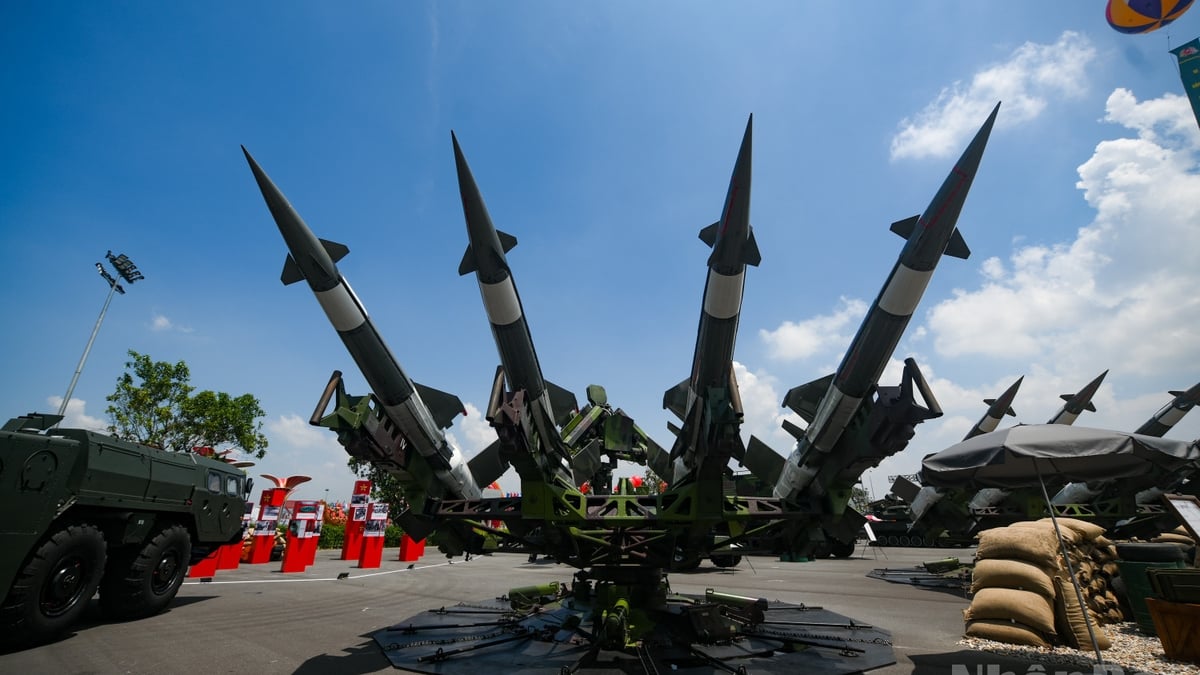
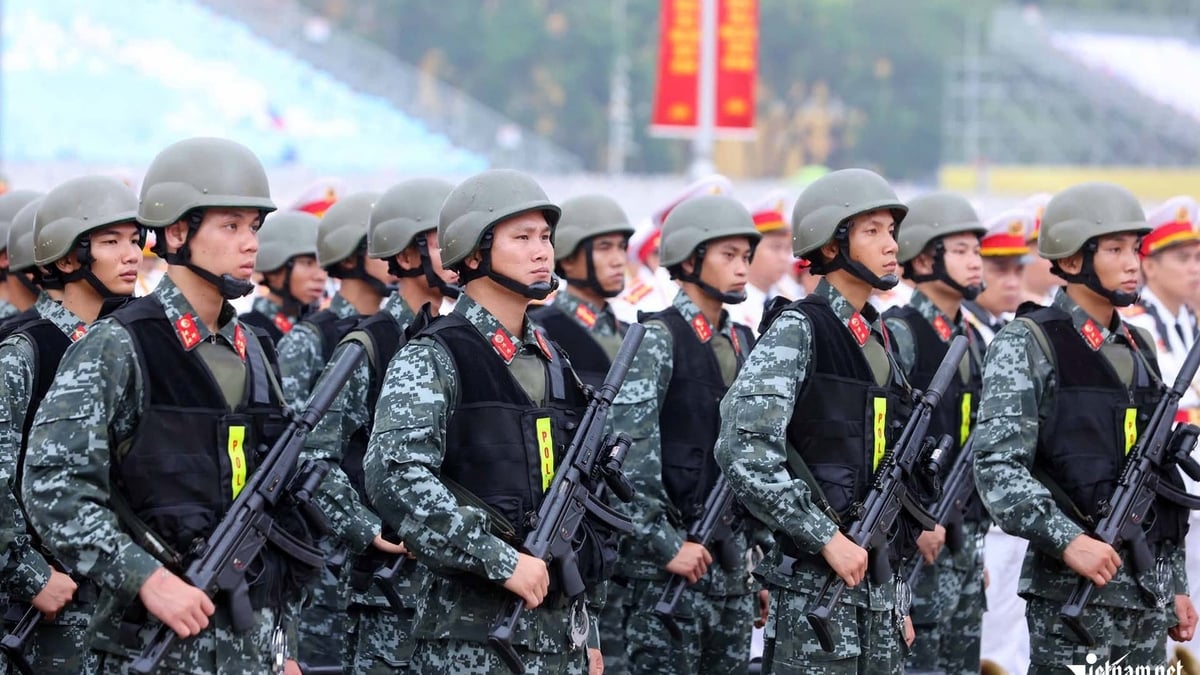
![[Photo] President Luong Cuong receives Speaker of the New Zealand Parliament Gerry Brownlee](https://vphoto.vietnam.vn/thumb/1200x675/vietnam/resource/IMAGE/2025/8/29/7accfe1f5d85485da58b0a61d35dc10f)



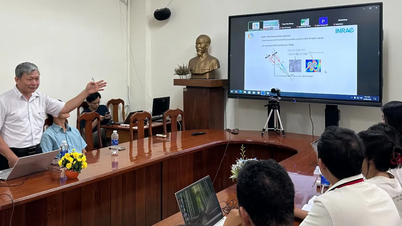

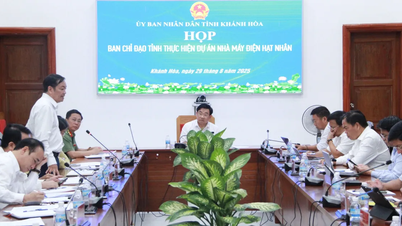
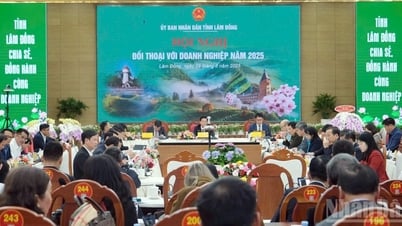
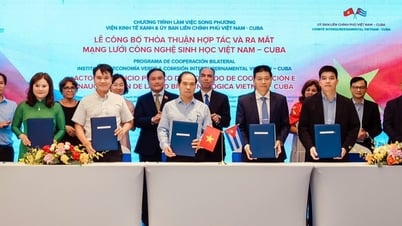




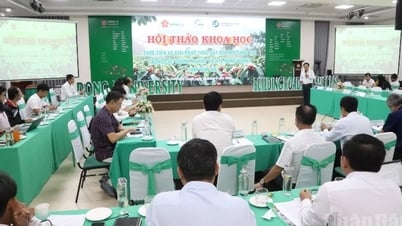




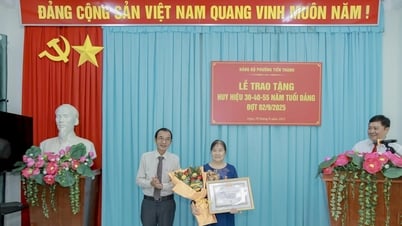
![[Photo] Hanoi is ready to serve the occasion of the 80th National Day Celebration on September 2nd](https://vphoto.vietnam.vn/thumb/1200x675/vietnam/resource/IMAGE/2025/8/29/c838ac82931a4ab9ba58119b5e2c5ffe)











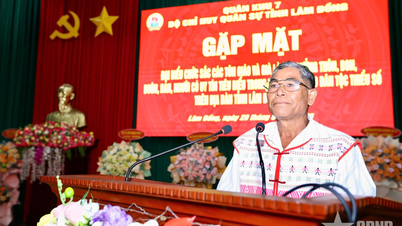

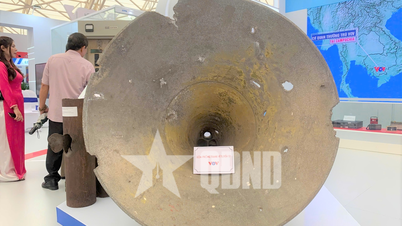


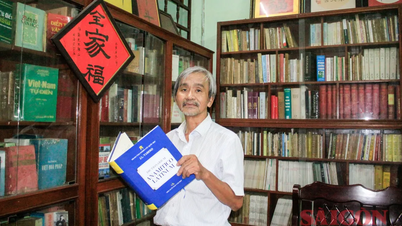






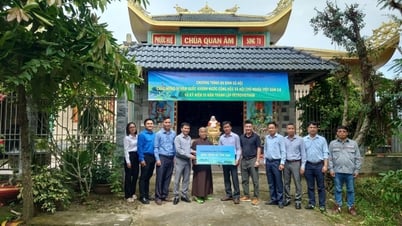

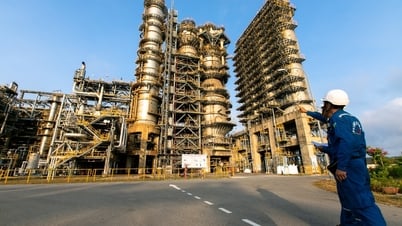
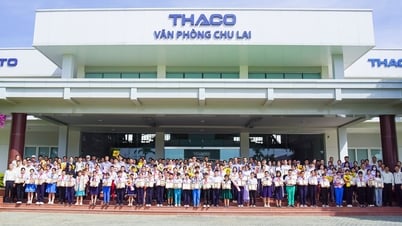
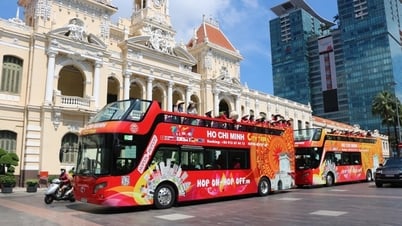



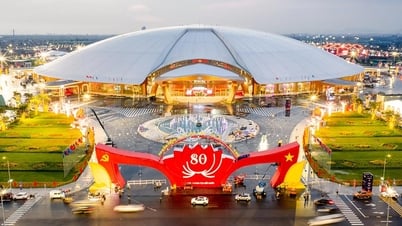




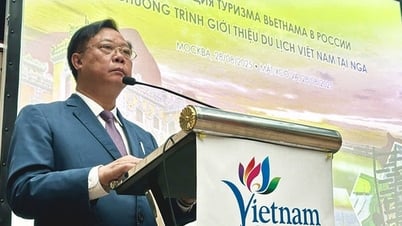




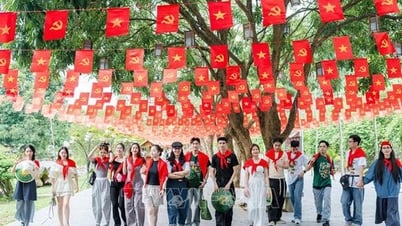

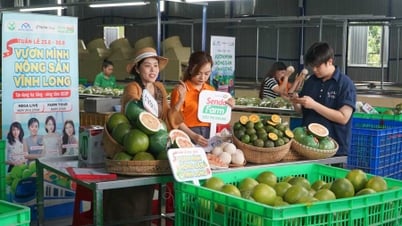


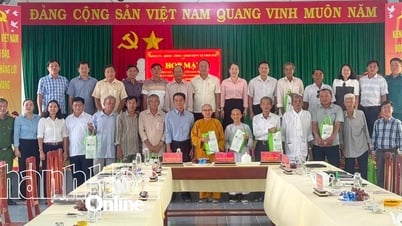






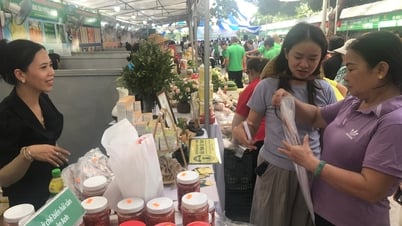





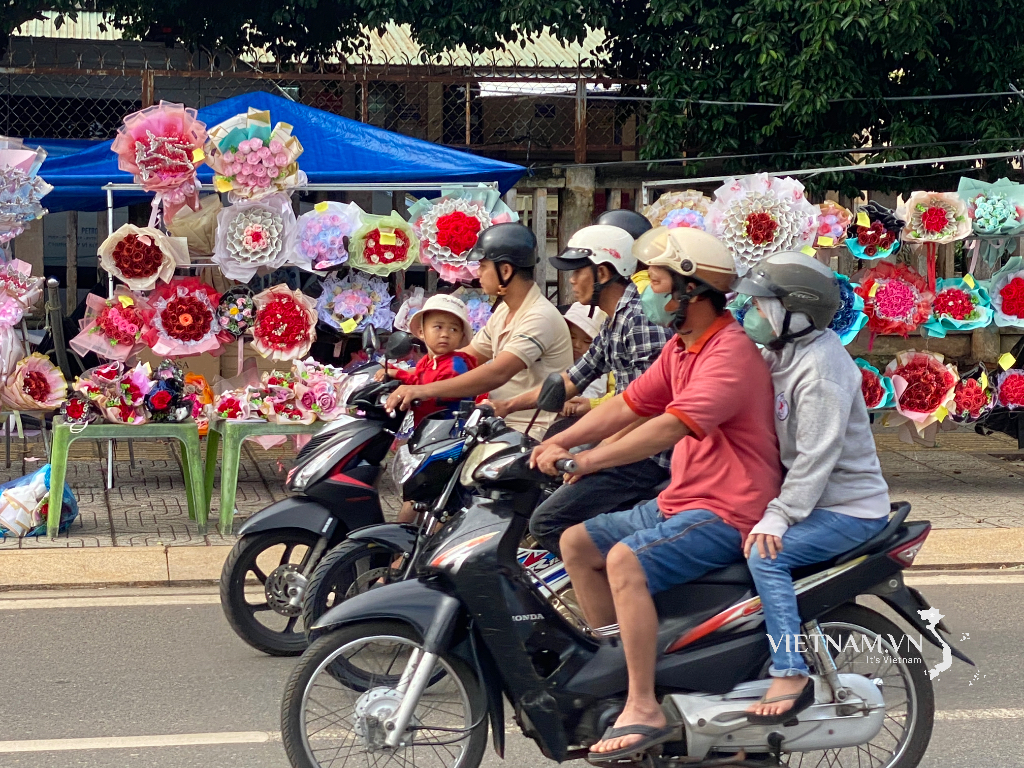

Comment (0)